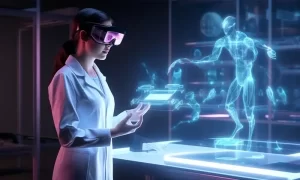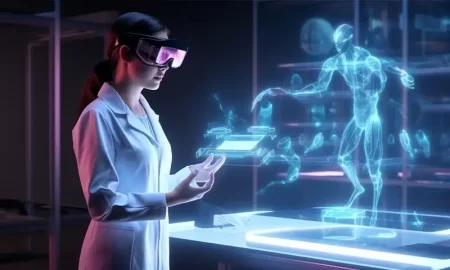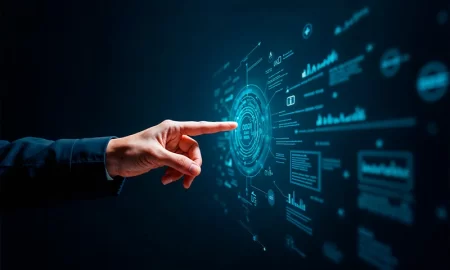In the realm of technology, we often find that what was once confined to the pages of science fiction novels has a tendency to become a reality. One such remarkable development is the rise of Artificial Intelligence (AI). AI, with its ability to mimic human intelligence and perform complex tasks, has transformed from a concept in science fiction to a tangible force that shapes our everyday lives. In this article, we will explore the journey of AI from the realms of fiction to the present day, delving into its applications, impact, and potential for the future.
The Emergence of Artificial Intelligence
Artificial Intelligence, at its core, refers to the development of machines that can perform tasks requiring human intelligence. The concept of AI can be traced back to the mid-20th century when pioneers such as Alan Turing and John McCarthy laid the groundwork for its development. However, it wasn’t until the last couple of decades that AI truly started to gain momentum and demonstrate its potential.
AI in Popular Culture and Science Fiction
The concept of AI has long captivated the imagination of writers, filmmakers, and storytellers. Science fiction works like Isaac Asimov’s “I, Robot” and Arthur C. Clarke’s “2001: A Space Odyssey” explored the possibilities and consequences of advanced AI systems. These narratives often portrayed AI as both a boon and a potential threat to humanity, showcasing its power to surpass human capabilities and its potential to rebel against its creators.
Real-World Applications of AI
Today, AI has made significant inroads into various industries, revolutionizing the way we live, work, and interact. Here are some key areas where AI is making a remarkable impact:
Healthcare
In the healthcare sector, AI is enabling breakthroughs in diagnosis, treatment, and patient care. AI algorithms can analyze vast amounts of medical data, aiding doctors in identifying patterns, diagnosing diseases, and predicting patient outcomes. From assisting in radiology and pathology to improving the accuracy of robotic surgeries, AI is transforming healthcare delivery.
Transportation
AI has brought about a revolution in the transportation industry. Self-driving cars, guided by AI systems, are no longer a distant dream but a reality. These vehicles use advanced sensors, machine learning algorithms, and real-time data analysis to navigate roads, reducing accidents and enhancing efficiency. AI-powered traffic management systems also optimize traffic flow and reduce congestion.
Finance
In the financial sector, AI has transformed operations, risk assessment, and customer service. Machine learning algorithms analyze vast amounts of financial data to detect fraud, predict market trends, and make intelligent investment decisions. AI chatbots provide personalized customer support, handling queries and transactions with speed and accuracy.
Manufacturing
AI has ushered in the era of smart manufacturing. AI-powered robots and automation systems have improved production efficiency, quality control, and supply chain management. These systems can adapt to changing demands, optimize production processes, and reduce downtime, leading to increased productivity and cost savings.
Ethical Considerations and Challenges
With the rapid advancement of AI, ethical considerations and challenges have come to the forefront. The potential risks associated with AI, such as job displacement, privacy concerns, and biases in algorithmic decision-making, require careful scrutiny and regulation. It is crucial to strike a balance between harnessing the power of AI for progress while addressing the potential negative consequences.
The Future of AI
Looking ahead, the future of AI holds immense possibilities. As technology continues to evolve, AI is expected to play a pivotal role in shaping various aspects of our lives. From personalized medicine and smart cities to enhanced virtual assistants and space exploration, AI has the potential to revolutionize industries and drive unprecedented innovation.
Conclusion
In conclusion, the journey of AI from the realms of science fiction to real-world applications is a testament to human ingenuity and the relentless pursuit of progress. AI has transformed numerous industries and continues to push the boundaries of what is possible. As we navigate the ethical considerations and challenges associated with AI, it is imperative to foster responsible development and ensure that this powerful technology is harnessed for the betterment of humanity. The future holds great promise as AI continues to turn fiction into fact, reshaping our world in unimaginable ways.












